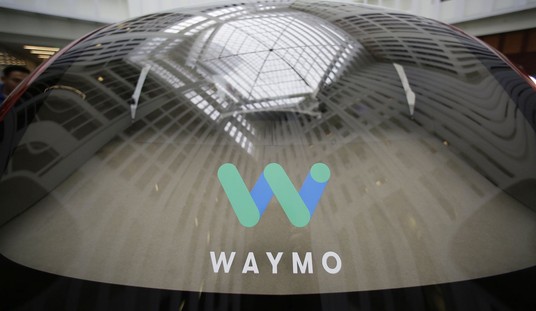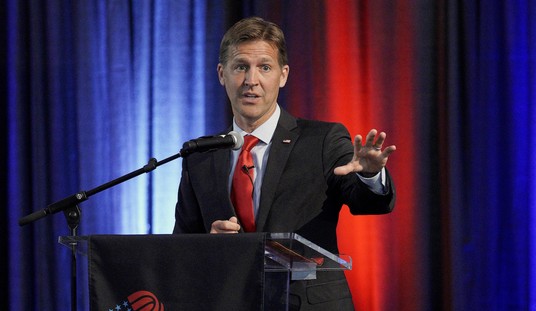Well, true enough. They were different, all right. In fact, some lucky GIs got to experience the difference firsthand.
If you were expecting an island-hopping reprise of “Band of Brothers” in this new miniseries, expect otherwise.
But the context for Hanks’ history lessons has changed. Band of Brothers, HBO’s best-selling DVD to date, began airing two days before 9/11; The Pacific, his new 10-hour epic about the Pacific theater in World War II, plays out against a very different backdrop, when the country is weary of war and American exceptionalism is a much tougher sell. World War II in the European theater was a case of massive armies arrayed against an unambiguous evil. The Pacific war was mainly fought by isolated groups of men and was overlaid by a sense that our foes were fundamentally different from us. In that sense, the war in the Pacific bears a closer relation to the complex war on terrorism the U.S. is waging now, making the new series a trickier prospect but one with potential for more depth and resonance. “Certainly, we wanted to honor U.S. bravery in The Pacific,” Hanks says. “But we also wanted to have people say, ‘We didn’t know our troops did that to Japanese people.'”…
And he is pleased that The Pacific has fulfilled an obligation to our World War II vets. He doesn’t see the series as simply eye-opening history. He hopes it offers Americans a chance to ponder the sacrifices of our current soldiers in Iraq and Afghanistan. “From the outset, we wanted to make people wonder how our troops can re-enter society in the first place,” Hanks says. “How could they just pick up their lives and get on with the rest of us? Back in World War II, we viewed the Japanese as ‘yellow, slant-eyed dogs’ that believed in different gods. They were out to kill us because our way of living was different. We, in turn, wanted to annihilate them because they were different. Does that sound familiar, by any chance, to what’s going on today?”
Quoth Big Hollywood editor John Nolte: “No matter how many times you read this passage the context is clear. By ‘different’ Hanks is clearly referring to race, culture and religion, not ideology.” Indeed. Is that what was driving FDR all those years — fear and loathing of the “brown people” or whatever? I thought it was the fact that they bombed us and then fought us relentlessly across the Pacific rather than surrender, but maybe I should tune in for The Truth. So screwy is his read, in fact, that I’m not sure it’s even fair to the Japanese: As I understand it, they hit Pearl Harbor not because “our way of living was different” but because they wanted the oil in the south Pacific and needed to neutralize the American fleet before they made their move. I’m also surprised to learn that whereas the Nazis were unambiguous evil, their strategic ally in the far east — whose imperial army utterly terrorized the civilian population of mainland Asia — was merely “different,” much as jihadists are now. That sure does help me get a handle on that Iraq election held a few days ago.
I assume prominent attention will be given in this thing to the bombings of Hiroshima and Tokyo, irrespective of whether they saved lives in the aggregate by shortening the war. Neo-Nazis like to play the same moral equivalence game by crying crocodile tears over the bombing of Dresden; there’s some extra historical context for you in case you choose to watch. Wish I had a clip of Hanks to offer, but this was a print interview, it seems. Is this bit from Bill Maher’s show of Spicoli apologizing for Hugo Chavez a decent substitute? I’ll bet he and Bill will find plenty to like in Hanks’s series.
Update: Here’s a nice related story: Evidently Matt Damon’s new Iraq flick is “one of the most egregiously anti-American movies ever released by a major studio.”








Join the conversation as a VIP Member